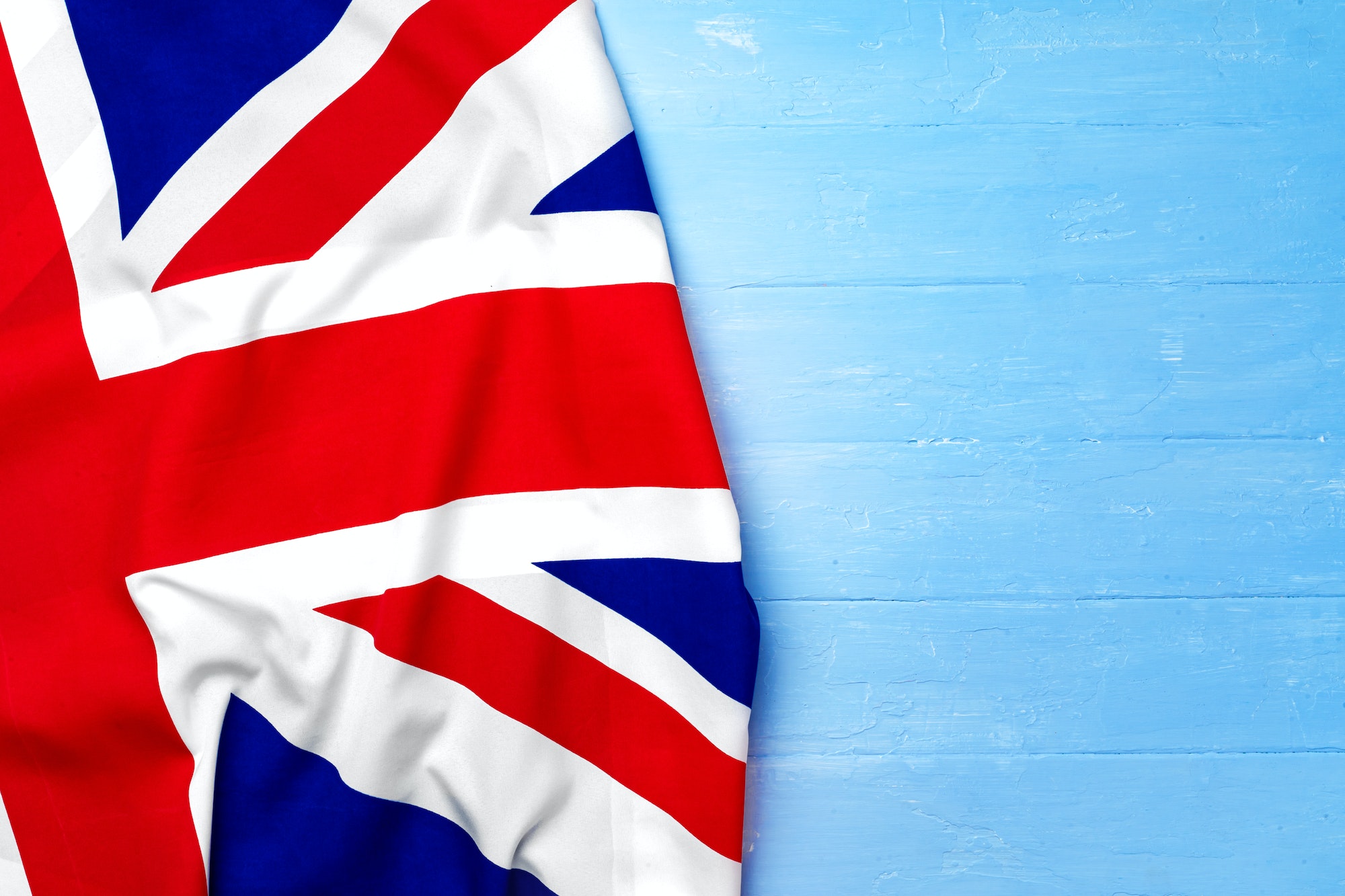A sophisticated new ransomware threat, dubbed GLOBAL GROUP, has emerged on cybercrime forums, meticulously designed to target systems across Windows, Linux, and macOS with cross-platform precision.
In June 2025, a threat actor operating under the alias ‘Dollar Dollar Dollar’ launched the GLOBAL GROUP Ransomware-as-a-Service (RaaS) platform on the Ramp4u forum. The campaign offers affiliates scalable tools, automated negotiations, and generous profit-sharing, creating an appealing setup for monetising cybercrime at scale.
GLOBAL GROUP leverages the Golang language to build monolithic binaries, enabling seamless execution across varied operating environments in a single campaign. The strategy expands attackers’ reach, allowing them to exploit hybrid infrastructures while improving operational efficiency and scalability.
Golang’s concurrency model and static linking make it an attractive option for rapid, large-scale encryption without relying on external dependencies. However, forensic analysis by Picus Security Labs suggests GLOBAL GROUP is not an entirely original threat but rather a rebrand of previous ransomware operations.
Researchers linked its code and infrastructure to the now-defunct Mamona RIP and Black Lock families, revealing continuity in tactics and tooling. Evidence includes a reused mutex string—’Global\Fxo16jmdgujs437’—which was also found in earlier Mamona RIP samples, confirming code inheritance.
The re-use of such technical markers highlights how threat actors often evolve existing malware rather than building from scratch, streamlining development and deployment.
Beyond its cross-platform flexibility, GLOBAL GROUP also integrates modern cryptographic features to boost effectiveness and resistance to detection. It employs the ChaCha20-Poly1305 encryption algorithm, offering both confidentiality and message integrity with high processing performance.
The malware leverages Golang’s goroutines to encrypt all system drives simultaneously, reducing execution time and limiting defenders’ reaction window. Encrypted files receive customised extensions like ‘.lockbitloch’, with filenames also obscured to hinder recovery efforts without the correct decryption key.
Ransom note logic is embedded directly within the binary, generating tailored communication instructions and linking to Tor-based leak sites. The approach simplifies extortion for affiliates while preserving operational security and ensuring anonymous negotiations with victims.
Would you like to learn more about AI, tech and digital diplomacy? If so, ask our Diplo chatbot!









